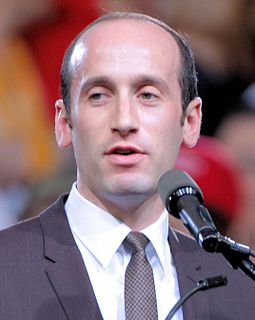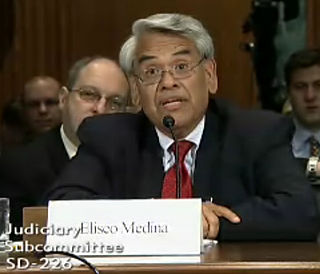A Quote by Barack Obama
In the wake of 9/11, my meetings with Arab and Pakistani Americans, for example, have a more urgent quality, for the stories of detentions and FBI questioning and hard stares from neighbors have shaken their sense of security and belonging. They have been reminded that the history of immigration in this country has a dark underbelly; they need specific reassurances that their citizenship really means something, that America has learned the right lessons from the Japanese internments during World War II, and that I will stand with them should the political winds shift in an ugly direction.
Quote Topics
America
Arab
Been
Belonging
Citizenship
Country
Dark
Direction
Example
Fbi
For Example
Hard
History
Immigration
Japanese
Learned
Lessons
Means
Meetings
More
Need
Neighbors
Pakistani
Political
Quality
Questioning
Really
Really Mean
Reminded
Right
Security
Sense
Shaken
Shift
Should
Something
Specific
Stand
Stories
The History Of
Them
Ugly
Urgent
Wake
War
Will
Winds
World
World War
World War I
World War II
Related Quotes
However, there is a fundamental difference between the issue related to Japan's history and our negotiations with China. What is it all about? The Japanese issue resulted from World War II and is stipulated in the international instruments on the outcomes of World War II, while our discussions on border issues with our Chinese counterparts have nothing to do with World War II or any other military conflicts. This is the first, or rather, I should say, the second point.
In every major war we have fought in the 19th and 20th centuries. Americans have been asked to pay higher taxes - and nonessential programs have been cut - to support the military effort. Yet during this Iraq war, taxes have been lowered and domestic spending has climbed. In contrast to World War I, World War II, the Korean War and Vietnam, for most Americans this conflict has entailed no economic sacrifice. The only people really sacrificing for this war are the troops and their families.
History of America, Part I (1776-1966): Declaration of Independence, Constitutional Convention, Louisiana Purchase, Civil War, Reconstruction, World War I, Great Depression, New Deal, World War II, TV, Cold war, civil-rights movement, Vietnam. History of America, Part II (1967-present): the Super Bowl era. The Super Bowl has become Main Street’s Mardi Gras.
You do not have to have money to attract money, but you cannot feel poor and attract money. The key is, you have to find ways of improving the way you feel from right where you stand before things can begin to change: By softening your attention to the things that are going wrong, and by beginning to tell stories that lean more in the direction of what you want instead of in the direction of what you have got, your vibration will shift; your point of attraction will shift - and you will get different results.
































